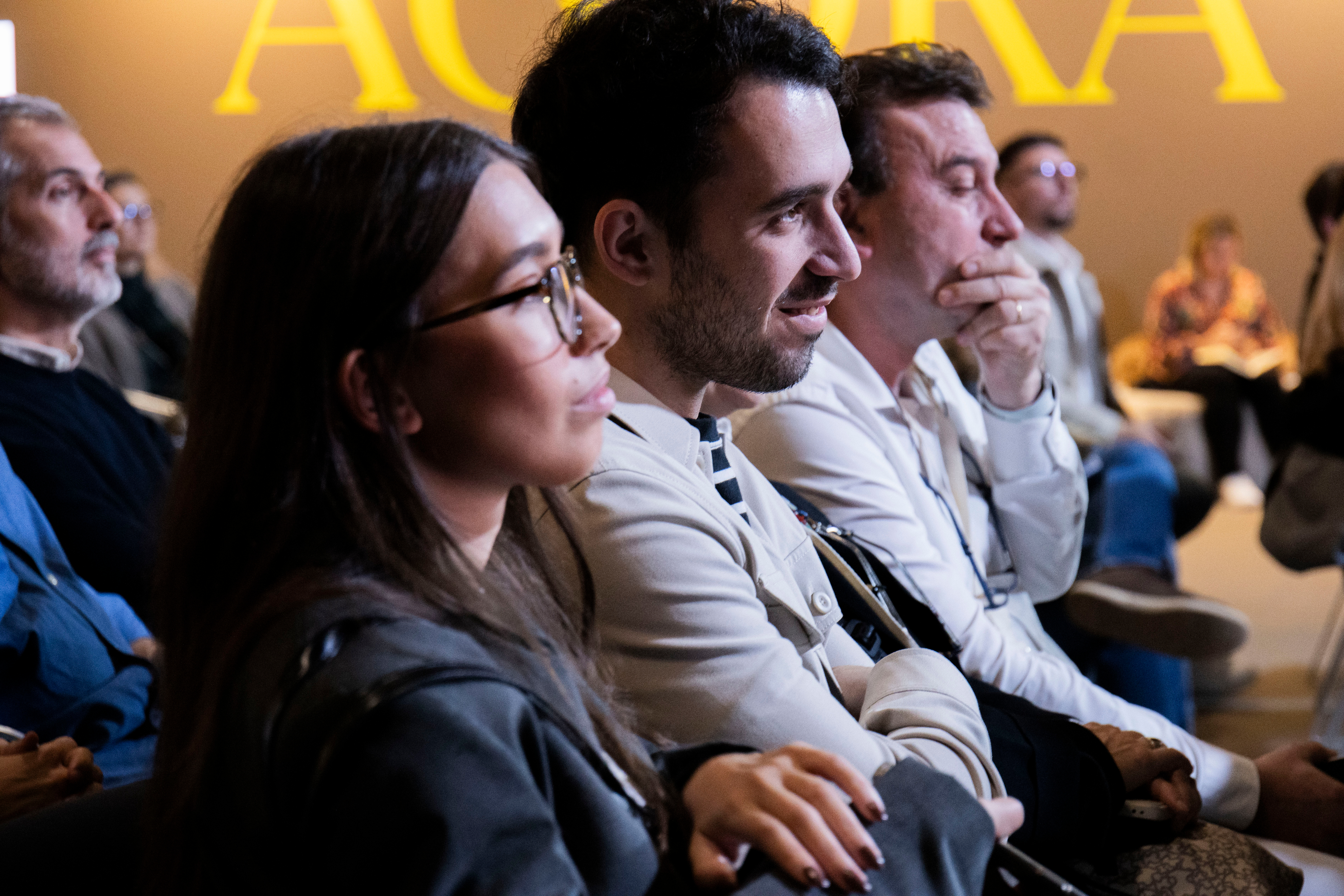Architect graduated from ETSALS in 2015, the same year she co-founded the studio CRÜ. In 2022, she established her own practice, Architecture Office Clàudia Raurell. She is currently a professor at the ETSALS School of Architecture and at Escola Bau. Since 2009, she has participated in an independent program at the Faculty of Architecture and Design at London Metropolitan University. Clàudia has consistently maintained a strong connection with academia, combining her studio work with lectures, workshops, exhibitions, and publications. Her work is a critical exercise that observes, responds to, and activates the site on which it operates. The result is a sensitive and unpretentious architecture that explores the boundaries of dogma, both in form and content. Her projects have received multiple awards and recognitions, including selections for the FAD Awards, the Spanish National Architecture Awards by CSCAE, the German Design Awards, and the Idea Tops Awards. She was also a finalist in the Dezeen Awards. In 2024, her project Villain House was selected for the Spanish National Architecture Awards and was a finalist for the 2024 Simon Prize.
Studio that understands the architectural project as a tool for sensitive and critical transformation of the environment. The studio works from the conviction that each place already contains a set of values that must be carefully read, and from which a new, contemporary, and precise layer can be built. AOCR’s approach lies at the intersection of intervention on the existing, the exploration of new domesticities, and the design of spaces that engage in dialogue with the city. Each project begins with a deep reading of the place—not only in physical or functional terms, but also in its atmospheric, historical, and urban dimensions. Architecture is not imposed, but rather carefully positioned, interpreting the pre-existing and generating new spatial, programmatic, and experiential relationships. AOCR develops contemporary architecture that is rigorous and sensitive, with precise attention to context, material, and inhabitation.




